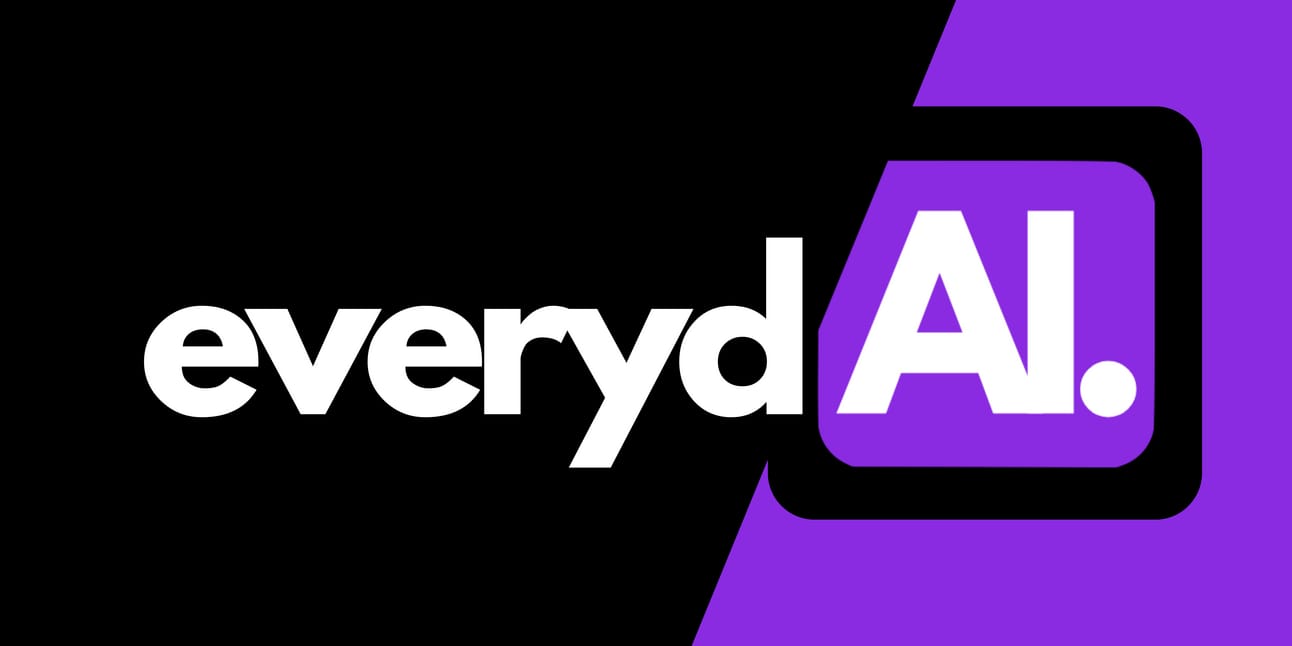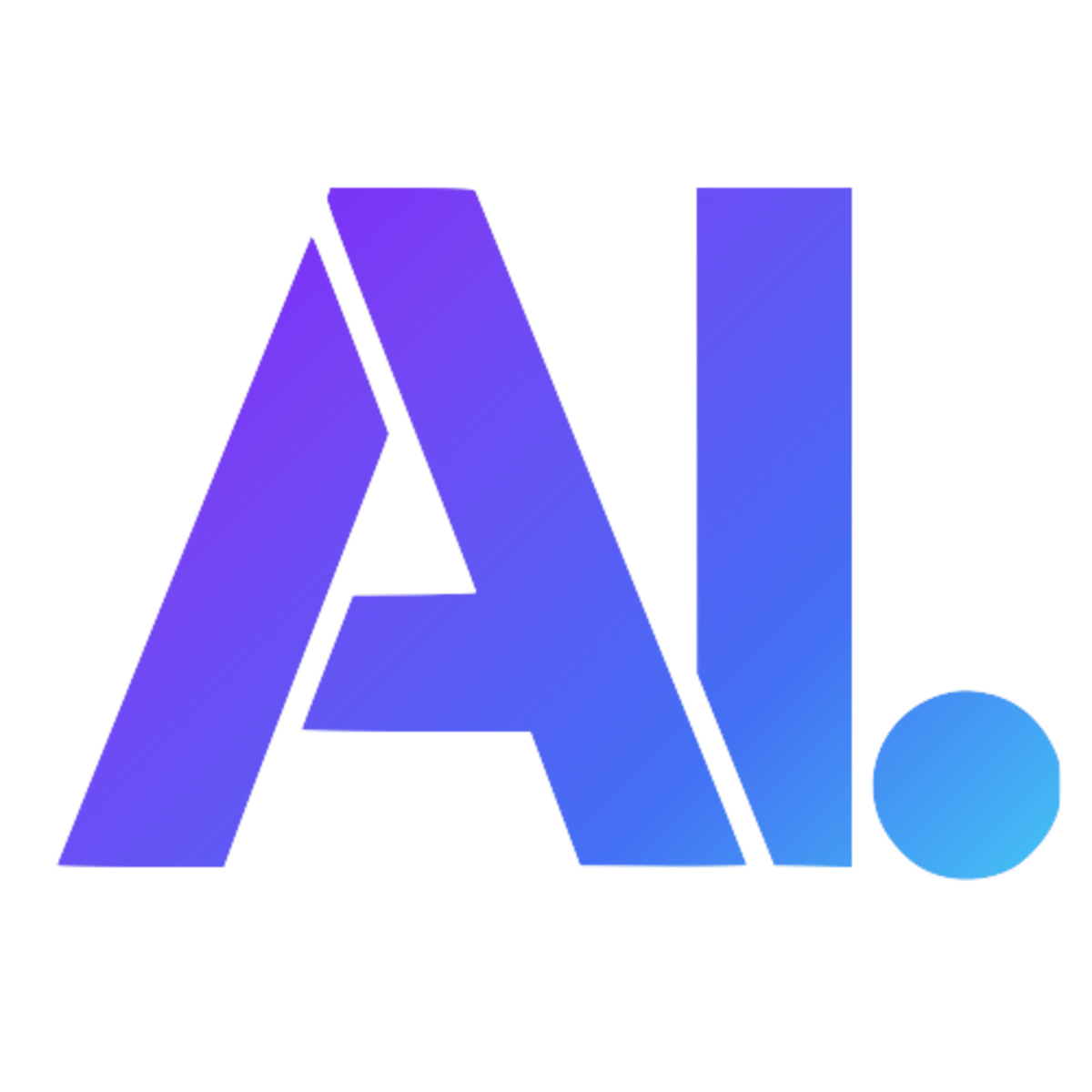
In today's email
Revolutionizing Diagnostics: How AI is enhancing the speed and accuracy of medical diagnoses.
AI-Powered Personalized Treatment: Exploring how AI tailors treatment plans to individual patients.
The Future of AI in Medicine: Predictions on how AI will continue to shape healthcare.
Read Time: 3 minutes
Quick News
AI-Powered Drug Discovery: Researchers have used AI to identify a new antibiotic that can target drug-resistant bacteria. This breakthrough, announced on August 22, could lead to more effective treatments for resistant infections.
AI in Autonomous Vehicles: A recent update shows that AI-driven autonomous vehicles are now being tested in five new cities, further expanding the reach of this technology.
AI-Generated Content: On August 25, 2024, an AI-generated movie trailer went viral, sparking discussions on the future of AI in the entertainment industry.
Revolutionizing Diagnostics

AI is dramatically changing the landscape of medical diagnostics, making it faster, more accurate, and more accessible. In the past, diagnosing complex conditions could take weeks or even months, but with AI, the timeline is shrinking significantly. For example, AI systems can now analyze medical images such as X-rays, MRIs, and CT scans with remarkable precision, often spotting abnormalities that even the most trained human eye might miss.
Take the recent AI tool developed for lung cancer detection. This system not only identifies potential cancerous growths earlier but also does so with a 95% accuracy rate. Such advancements mean that doctors can start treatment sooner, potentially saving more lives and improving patient outcomes.
But AI's role in diagnostics goes beyond imaging. It’s also being used to analyze genetic data, predict disease outbreaks, and even forecast patient recovery times. This is transforming diagnostics from a reactive process into a proactive one, where potential health issues are identified and addressed before they become critical.
AI-Powered Personalized Treatment
Personalized medicine is the future of healthcare, and AI is at the forefront of this revolution. Gone are the days of one-size-fits-all treatment plans. AI systems are now capable of analyzing vast amounts of patient data, from genetics to lifestyle factors, and crafting individualized treatment plans that are tailored to the unique needs of each patient.
For instance, AI can predict how a patient might respond to a particular medication based on their genetic makeup, reducing the trial-and-error approach that has traditionally been a part of medicine. This not only improves the effectiveness of treatments but also minimizes side effects, leading to better overall patient care.
Moreover, AI-driven tools are helping doctors monitor patients in real-time, adjusting treatments as needed based on ongoing data. This level of personalization is enhancing patient outcomes and paving the way for a more precise, patient-centered approach to medicine.
The Future of AI in Medicine

The impact of AI on healthcare is only just beginning. In the coming years, we can expect AI to become even more integrated into every aspect of medicine, from predictive analytics that help prevent diseases before they occur, to AI-assisted robotic surgeries that are more precise than ever before.
One area with immense potential is AI in mental health care. With the ability to analyze vast amounts of data, including speech patterns and social media activity, AI can help identify early signs of mental health issues, providing timely interventions that could prevent crises. As these technologies evolve, we may see a future where AI not only assists doctors but also plays a direct role in patient care, offering support and guidance in ways that were previously unimaginable.
However, with these advancements come challenges. Ethical considerations, data privacy, and the need for robust regulations will be crucial to ensuring that AI is used responsibly in healthcare. But if these challenges are met, AI has the potential to transform medicine in ways that benefit everyone.
Let's Chat About AI
What excites you most about the future of AI in healthcare? Do you see any potential risks that we should be aware of?
Replay to this email with your thoughts.
AI is more than just a buzzword. It’s a shift in how we live and work. And understanding it a bit better means you can make smarter choices about the tech you use every day.
FEEDBACK
